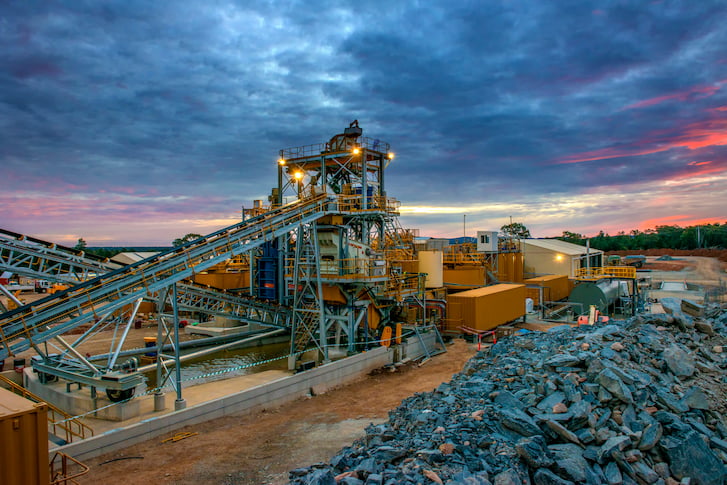Jamie Davison and his partner Nathan Hood have had a meteoric rise in the business world, picking up a slew of awards, merging with 13 businesses and expanding their staff from 13 to almost 100 since launching in 2014.
https://vimeo.com/365675356
From the outside, it doesn’t look like they’ve put a foot wrong, but Davison happily admits that he could “talk to you all day about mistakes — definitely we’ve made a lot. If you’re not making mistakes, you’re not growing and you’re not running fast enough”.
His philosophy is simple: Do nothing and you won’t make a mistake, but you won’t learn anything either. “If you make a few mistakes, but you get five things right, that’s still five things you wouldn’t have otherwise done.”
Carbon Group was founded in 2014 when Davison and Hood merged their successful bookkeeping and accounting practices.
It was just the start of a bold dream to build a nationwide network of “one-stop shops” providing business advisory services to SMEs.
They envisioned a network of hubs offering inter-related services — accounting, bookkeeping, cloud consulting, insurance and finance — under the umbrella of one brand.
More recently, Carbon has welcomed new partners which has enabled them to launch new divisions. They now offer a full suite of business services; accounting, advisory, R&D, bookkeeping, payroll, cloud integration, insurance, finance and financial planning.
The dream is already well on its way to reality with multiple offices in WA, one in Melbourne and one in Adelaide.
Mistake: Buying too many businesses too fast
About 18 months after they launched Carbon Group, Davison and Hood made their first acquisitions — buying three businesses on the same day.
“We settled on them all on the one day because the bank told us that would be simpler, because we’d only have to do one loan application. In retrospect, that was a really silly idea,” Davison says, the master of understatement. “All of a sudden, we had doubled in size and went from one location to four.”
Not to mention the hundreds of new clients who needed to be contacted and reassured the change of ownership would not impact service. “If you can’t get in contact with all the customers, it creates uncertainty and as soon as there’s uncertainty, they start shopping around.”
The sudden expansion put pressure on new and existing staff, with Davison estimating it took six to nine months of frantic work to get back on an even keel. But there were consequences. Some clients left, along with four new staff members, which Davison regrets.
Lesson: Acquisitions and mergers require time, attention and planning
Although they weathered the storm, Davison and Hood learned some key lessons which have shaped the way they now approach acquisitions.
“Since that time, we’ve merged with another ten businesses but we’ve done it in a more staggered, planned, rolled out way,” Davison says.
For a start, they only tackle one business at a time, with longer lead-in times before sales are settled to allow everyone a period of adjustment. Another important shift has been keeping the original business owner on board, at least for a transitional period. The results speak for themselves.
“With the last business we bought, we’ve retained all of the staff and 100 per cent of the clients.”
Mistake: Fixed salaries
Davison and Hood always aimed to foster a healthy workplace culture at Carbon Group — staff have the flexibility to vary start times from 7-10am, they can purchase extra leave, and there is an active, Carbon-funded social club. But they found fixed salaries — particularly at a time when the company was expanding rapidly — left staff demotivated as they felt they weren’t reaping rewards from the growth.
“We lost a few key staff because of that reason. They were seeing our business has grown exponentially and they weren’t, I guess, feeling appreciated enough.”
Davison realised he needed to restructure remuneration to give staff a stake and a share in the company’s success.
Lesson: Money is a key motivator, no matter how nice your workplace
“We’ve got a great internal culture and great ‘soft benefits’ for the staff, but at the end of the day, money is still a motivating factor and driver for a lot of people, particularly when the economy’s a little bit tougher,” Davison says.
In its second year, Carbon Group introduced a system of base salaries supplemented by both individual and team-based performance bonuses, with share options for high performers.
The new pay scale ties staff success to company success and vice versa.
“So, any high-five moment in the office now is something everyone can share in,” Davison says. “It isn’t just the owners of the business winning, and the staff going, ‘Well, I’ve just got more work now for the same pay’.”
Find out more about Carbon Group here.






